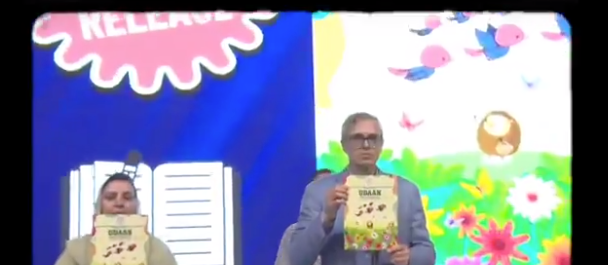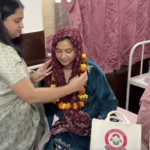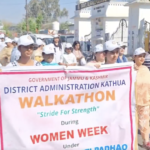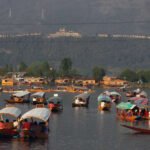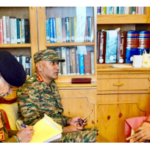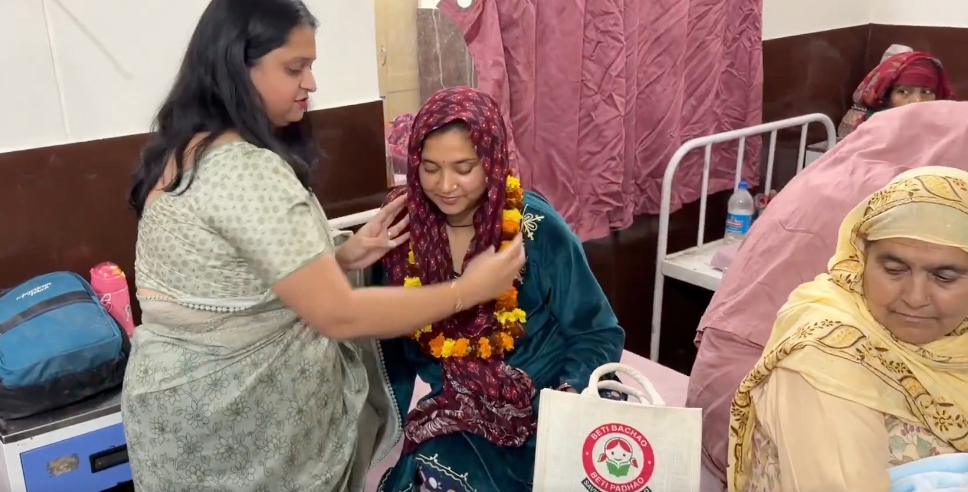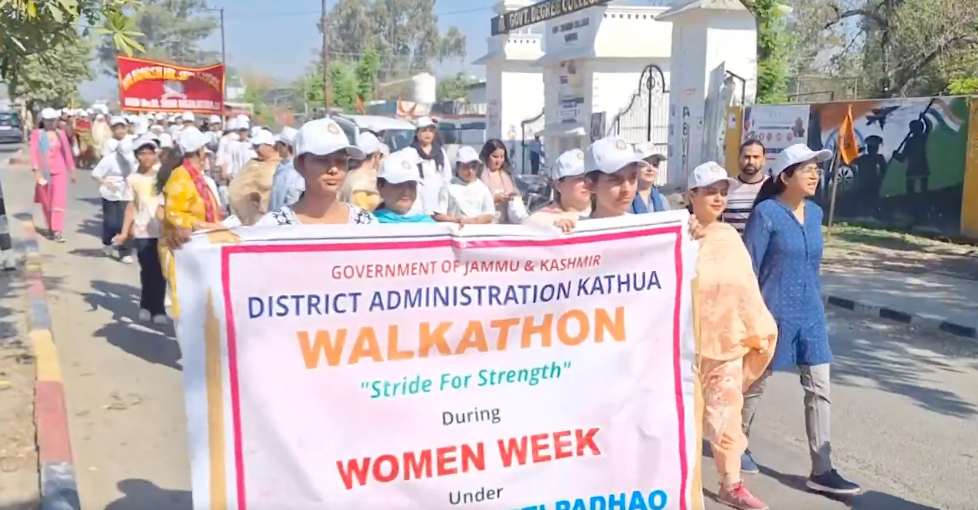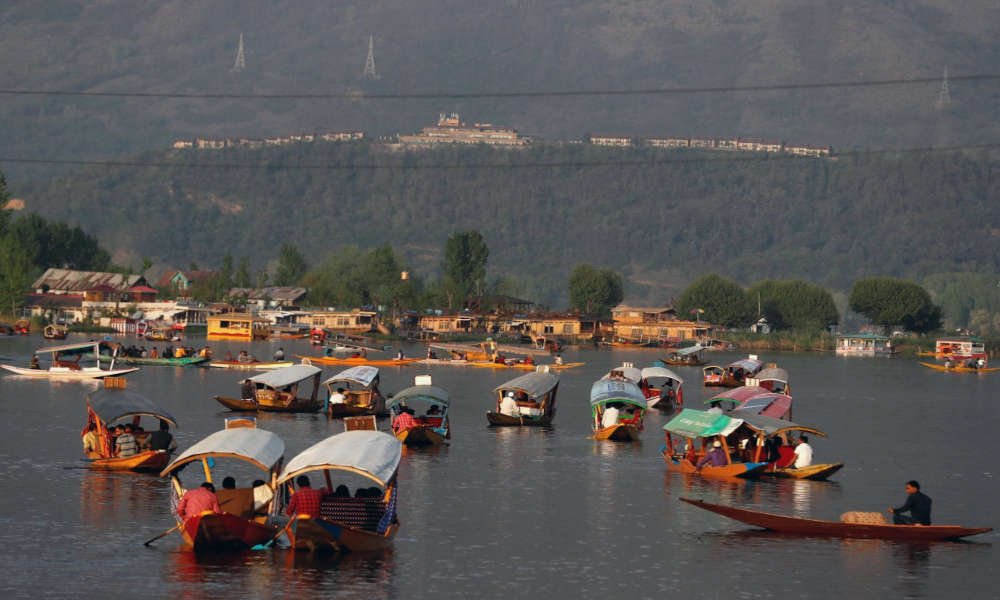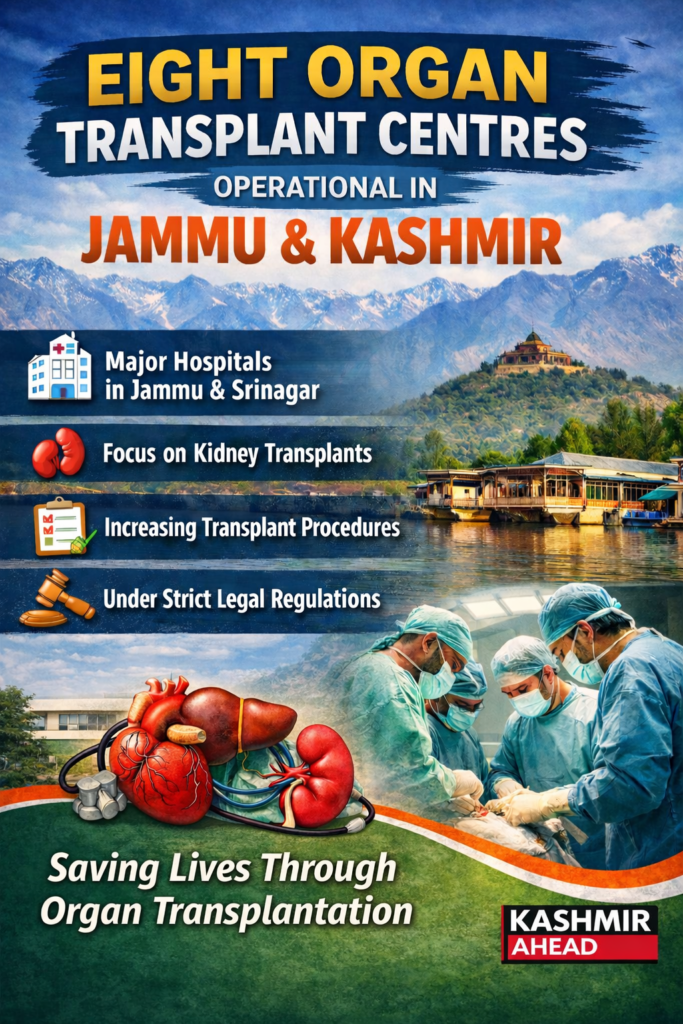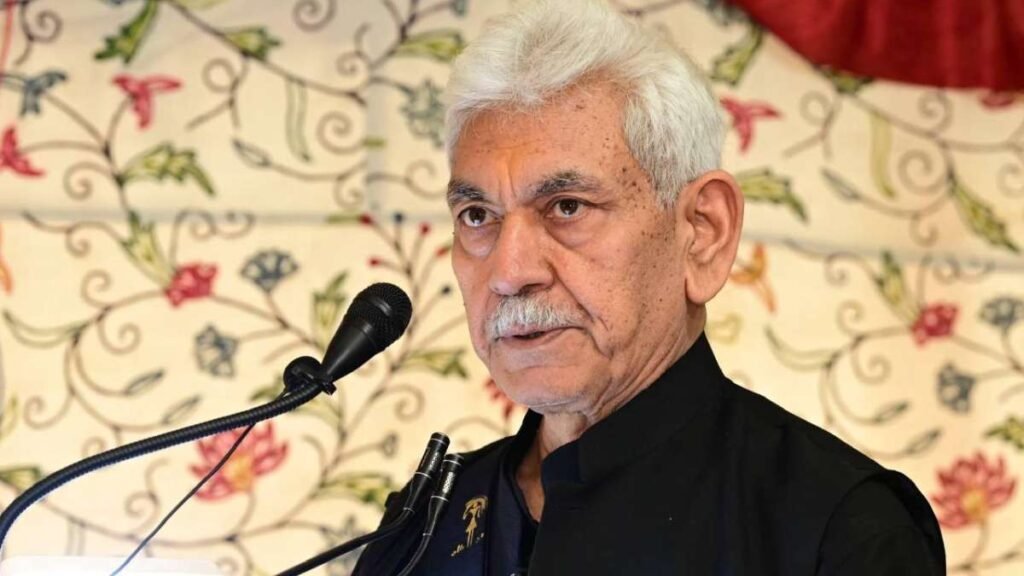Srinagar, August 20, 2025: Jammu and Kashmir Chief Minister Omar Abdullah reaffirmed the government’s commitment to building a robust, inclusive, and future-ready education system during the One-Day Educational Stakeholders Conclave on the National Education Policy (NEP) 2020, held at the Sher-i-Kashmir International Convention Centre (SKICC) in Srinagar. Organised by the Directorate of School Education Kashmir in collaboration with Bal Raksha Bharat (Save the Children) and supported by the HCL Foundation, the event brought together educationists, principals, chief education officers, lecturers, teachers, students, and policymakers to discuss the challenges and prospects of implementing NEP-2020 in Jammu and Kashmir.
A Vision for Educational Transformation
Addressing the gathering, Chief Minister Omar Abdullah emphasised that education and health are the cornerstones of societal development. He urged stakeholders to elevate government schools to a standard where they become parents’ first choice for their children’s education. “If we build roads, bridges, or factories but lack education, we cannot benefit from these advancements,” he said, highlighting the priority given to education since the National Conference-led government assumed power. Abdullah called for 10 actionable points from the conclave to form a roadmap for J&K’s educational sector, stressing the need for practical, ground-level changes to align with 21st-century demands.
The Chief Minister underscored NEP-2020 as a “magnificent and far-reaching” framework, advocating for its holistic and locally adaptable implementation. “The policy is five years old. Now is the time to evaluate our successes, address shortcomings, and improve execution with sensitivity to local needs,” he said, emphasising inclusivity and accessibility for all children, regardless of physical or learning challenges
Uplifting Government Schools
Omar Abdullah highlighted the disparity between government and private schools, noting that government institutions often serve remote areas like Gurez, Tangdhar, and Machil, where private schools are absent. “Our teachers work in extreme conditions and deserve recognition,” he said. He stressed that government schools must offer modern infrastructure, digital tools, and diverse subjects like Urdu, Hindi, Kashmiri, Dogri, and Punjabi to bridge existing gaps. The Chief Minister candidly remarked that the education system’s weaknesses persist because ministers, MLAs, and senior officers rarely enroll their children in government schools. “If their children studied in schools with 25-year-old blackboards, those would be replaced with digital boards overnight,” he added.
Key Initiatives and Achievements
On the sidelines of the conclave, Abdullah e-inaugurated a Hybrid Learning Centre at GBHSS Jawahar Nagar, connecting 12 schools to enhance live interactive classes and hybrid learning. He also launched 19 educational infrastructure projects worth ₹39.1 crore across Kashmir districts and distributed appointment orders to recruits under SRO-43, RRET, and CPW categories. Additionally, he unveiled UDAAN (Bhasha Ke Rang Shiksha Ke Sang), a multilingual children’s material by the Jammu and Kashmir State Council of Educational Research and Training (JKSCERT), promoting regional languages and cultural integration.
Minister for Education Sakeena Itoo described education as the backbone of development, noting that J&K’s progress in NEP-2020 implementation was praised at the recent State/UT Ministers Conference in New Delhi. She called the conclave a vital platform for dialogue to improve various aspects of the education system. Advisor to the Chief Minister, Nasir Aslam Wani, highlighted significant developments in the education sector under Abdullah’s leadership, while Secretary School Education, Ram Niwas Sharma, and Dr. Nidhi Pundir of HCL Foundation also addressed the gathering.
Innovation and Inclusivity
The conclave featured an exhibition where students showcased innovative solutions to real-world problems, including water conservation, low-plastic alternatives, climate change awareness, and winter-specific water pipe systems. Abdullah praised the students’ creativity, stating, “Our children don’t lack talent; they lack exposure and opportunities. Their innovation gives us hope.” A Memorandum of Understanding (MoU) was signed between the Islamic University of Science & Technology (IUST) and the Directorate of School Education, Kashmir, to strengthen school-university linkages and foster academic collaboration
Addressing Challenges
Abdullah acknowledged persistent challenges, such as faculty shortages and limited subject availability, particularly for regional languages. He emphasised the need for robust governance, adequate budgetary allocation, and teacher training to ensure NEP-2020’s success. The Chief Minister also addressed the digital divide, pledging to bridge it as financial capacity improves, and highlighted the societal importance of education debates, from school holidays to exam schedules.
A Roadmap for Kashmir’s Academic Future
The conclave underscored J&K’s commitment to NEP-2020’s goals of fostering interdisciplinary learning, promoting regional languages, and ensuring equitable access to education. With initiatives like hybrid learning centers and infrastructure upgrades, the government aims to transform government schools into hubs of quality education, aligning with the vision of a progressive and inclusive academic future for Jammu and Kashmir.

